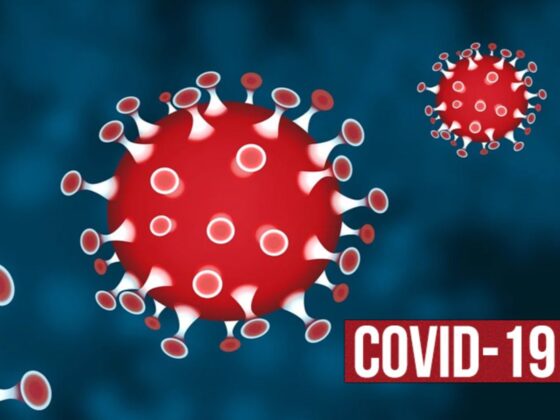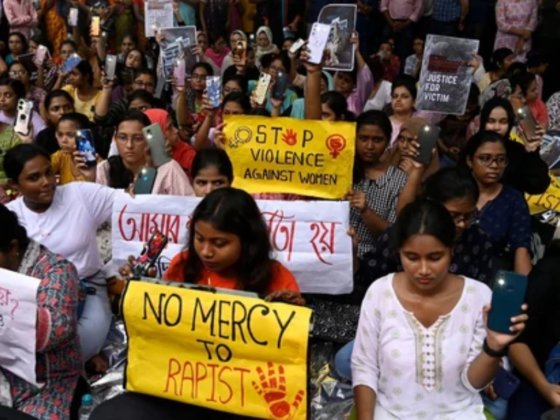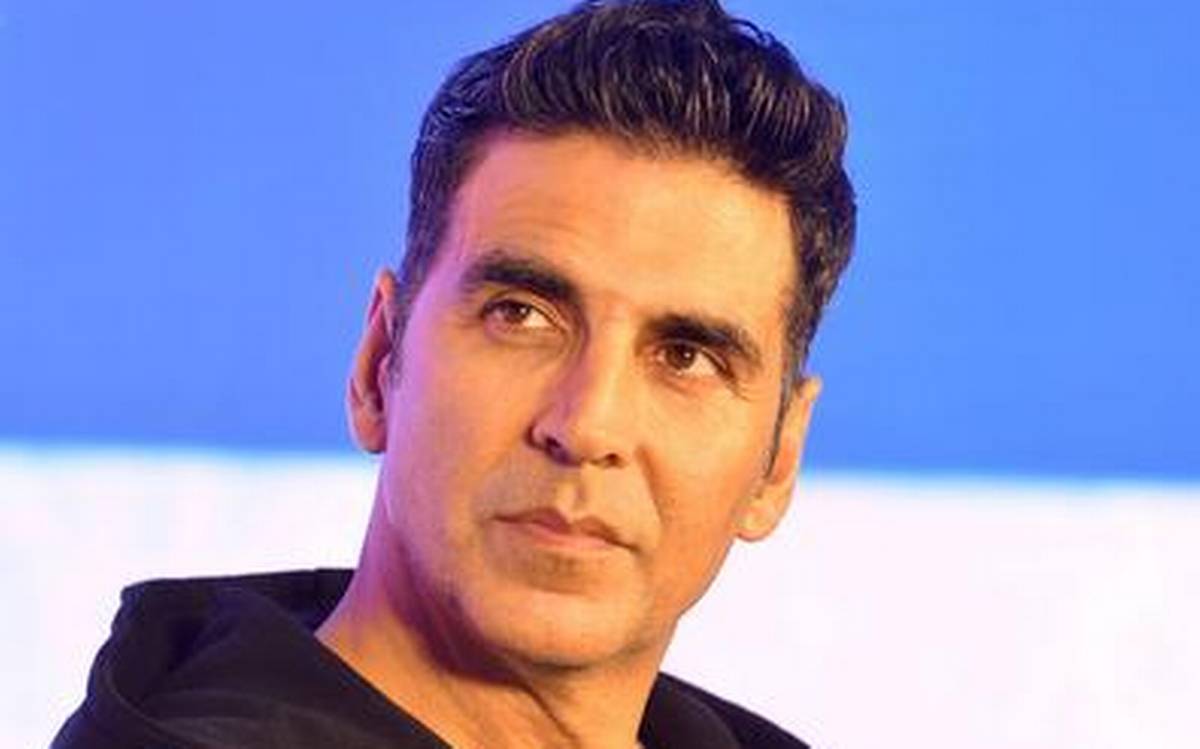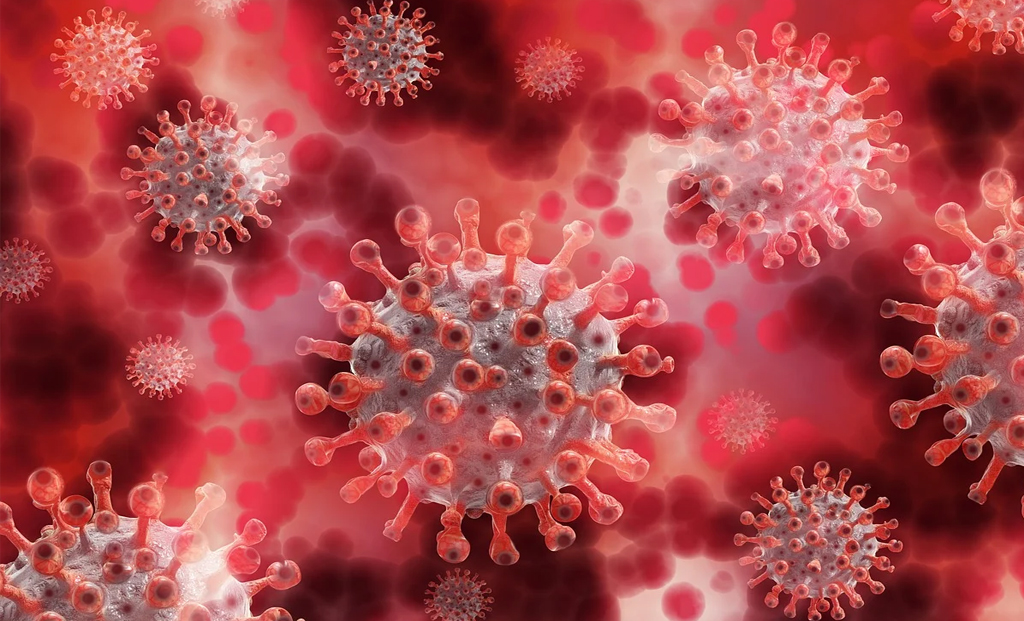Dr. Zirak Marker, Senior Psychiatrist & Adviser Mpower
Every time Dr. Rahul (name changed), an emergency care practitioner closes his eyes, he sees a patient whom he was treating, with his mouth slightly open gasping for air and taking his last few breaths. He says, “Sounds from monitoring systems are heightened in my head. My heart pounds so fast, I feel it is going to explode in my chest, and I feel breathless. I often wake up in a cold sweat on most nights, because of this, I am unable to concentrate during the day at work. Recently, my hands trembled when conducting a small, routine procedure on a patient. Off late, I have shut down emotionally, and I don’t want to meet my friends either. I drink a lot nowadays to numb the pain and make the feelings go away. It doesn’t help much, and I can’t seem to block out thoughts about my patients, and their images from my mind.
The worst part is, I feel guilty. This guilt eats me from within, as I feel responsible for his death. I feel like I could have done something more or differently that would have saved his life. I’ll never be able to forget the look on his wife and son’s faces when I shared the devastating news with them. In the last six months, I have lost eight patients, and every time a patient passes away, I feel this way.”
Just like Dr. Rahul, there are thousands of doctors across the country who are going through similar experiences. Given the nature of their jobs, there is often no time to process these feelings, some also feel this is just a phase and it will pass. This is a huge burden of responsibility that most health care practitioners bear.
Among frontline medical workers, particularly doctors, there is a very high risk of experiencing trauma and stress. Their long working hours, lack of rest, fatigue, uncertainty, personal challenges, and the expectations of their patients and families can all lead to burnouts and emotional drain.
We also need to address the impact of suicide on our doctor’s mental health. Many of them have lost their patients to suicide, and silently grieve their passing away. Many also tend to feel responsible and wonder if they could have done anything to prevent the unfortunate incident.
Among laymen, there needs to be a realization that doctors are human beings first, with feelings, just like any other person in other professions. Doctors are not Gods or super-humans who are capable of controlling every situation they are faced with. Doctors work tirelessly, and put their patients’ needs above their own. Even in situations where they are sleep-deprived or fatigued, they still show up to work, and give it their best.
If any doctor is experiencing some of the below symptoms of stress or trauma, it is very important to reach out to a Mental health professional:
- Feeling like the incident has just occurred,
- Intrusive repetitive thoughts or images,
- Physical sensations such as trembling, pain, breaking out in sweats, and nausea,
- Extreme alertness, also sometimes called ‘hypervigilance’,
- Feeling cut off from emotions, and mentally numb,
- Ridden with guilt, and low self-esteem.
Some of the ways to manage and heal:
- Set realistic expectations for yourself, and accept that despite your best efforts, some situations are beyond control
- Be cognizant of the fact stress and heartache are a part of the profession. Sometimes we will lose our patients, and we need to not blur the lines between professional and emotional equations.
- We cannot feel guilty over every loss, death, or suicide. We have tried our best, given our all, and cannot feel responsible for the passing.
- Journaling, self monitoring, expressive writing, and deep breathing exercises be very useful
- Remember to love yourself unconditionally, and to prioritise your well-being first.
- Consulting a Mental Health Professional may be the best option.











